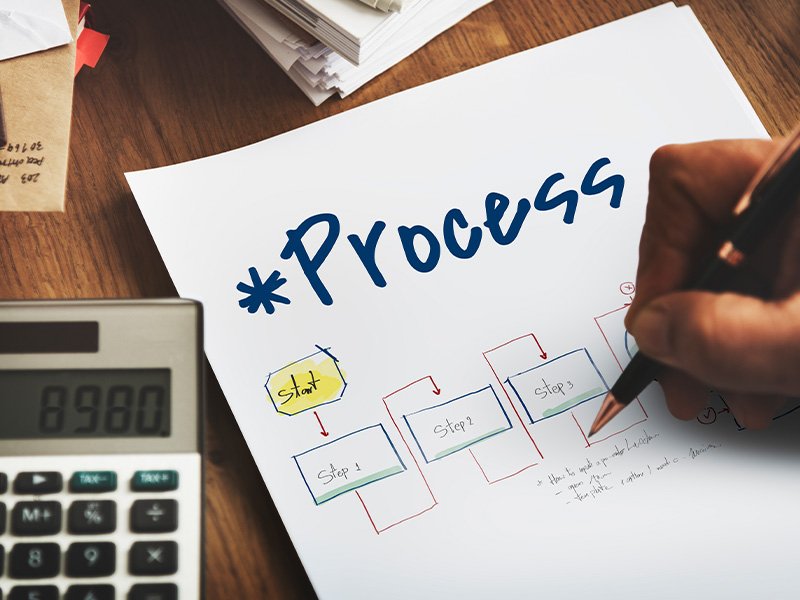Are you looking to make a difference in people's lives and help them unleash their full potential?
By making difference in others’ life, you will be making positive change in your life as well. It happens naturally as self-transformation is part of the journey.
Becoming a certified flow coach was the best career decision of my life. In the past, I had switched between three careers, and life coaching certification has been the most rewarding career path I’ve walked through. If this career path is something that you are considering switching to, let me help you as before you take the leap, it's important to understand the certification process and what it entails.
ICF Accredited Coach Education and Training (ICF ACSTH and ACTP Certification):
The first step in becoming a certified flow life coach is to receive the right education and training. This should involve taking life coaching ICF accredited raining hours with the right certification type (It must be ACSTH or ACTP), topics in psychology, and related fields, as well as obtaining hands-on experience through personal coaching practice, volunteering, or group coaching sessions.
Exam Preparation and Mentoring (ICF Coach CKA and Oral Performance Evaluation):
Once you have received the necessary education and training, you will need to prepare for the certification exam. This can involve completion of specific mentoring hours, studying the ICF ethics and competencies, and best practices in life coaching.
Certification Exam:
The next step is to take the certification exam. This exam tests your knowledge of the core principles and practices of flow life coaching, as well as your ability to apply them in real-world scenarios.
Continuing Education (ICF CCE Units):
To maintain your certification, you will need to engage in continuing education and professional development. This can include attending conferences, workshops, and other training opportunities.
Building Your Coaching Practice:
Finally, once you have received your certification, you can start building your practice as a flow life coach. This can involve marketing your services, building a network of clients, and continuing to hone your skills and knowledge.
In conclusion, becoming an ICF Certified Flow Coach requires a commitment to education, mentoring, training, and continuous professional development. But with hard work and dedication, you can help individuals unlock their full potential and live their best lives. If you're ready to take the leap and make a difference, start exploring the flow life coaching certification process today.

